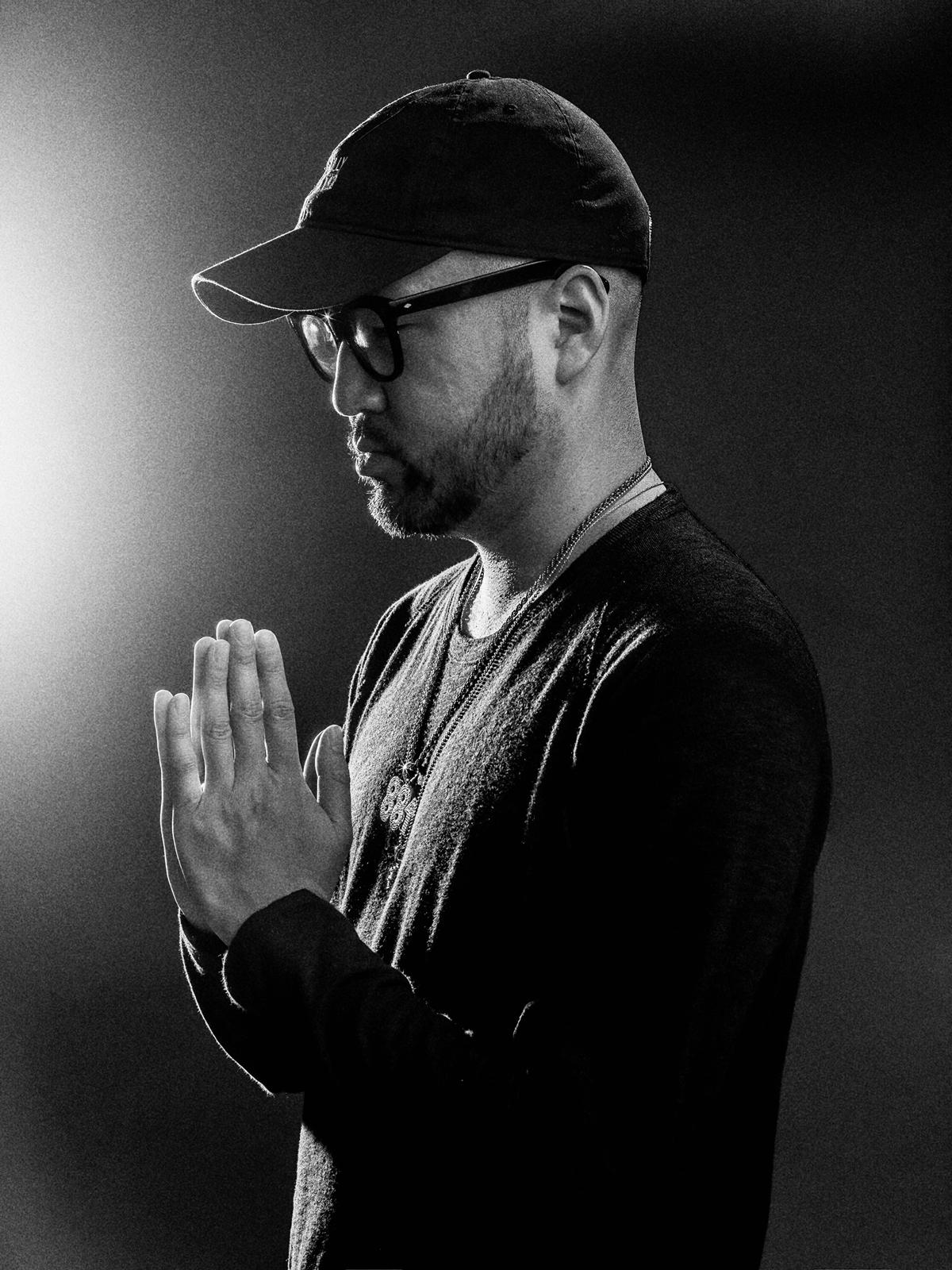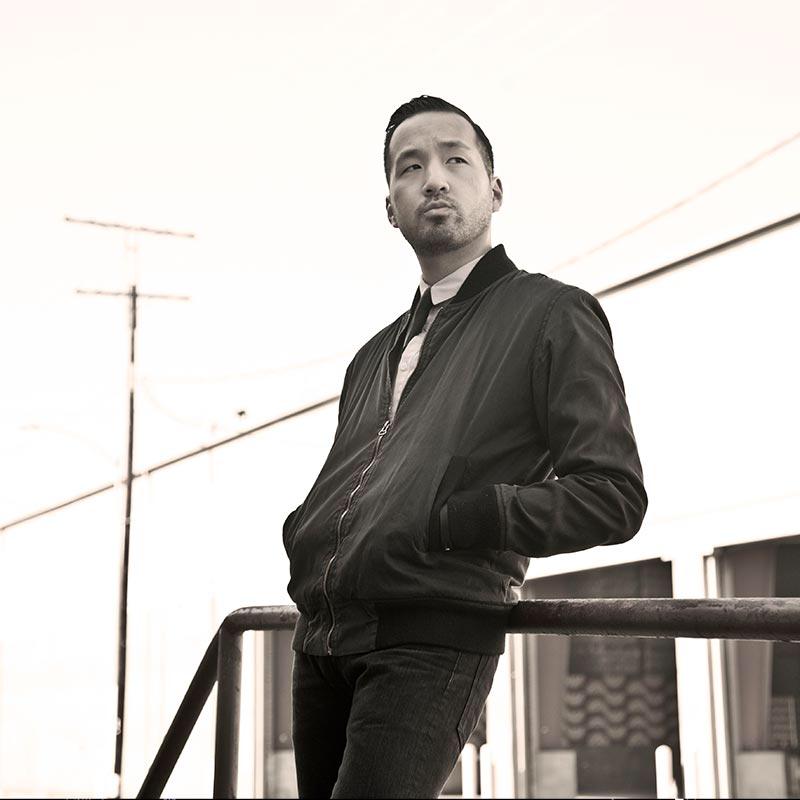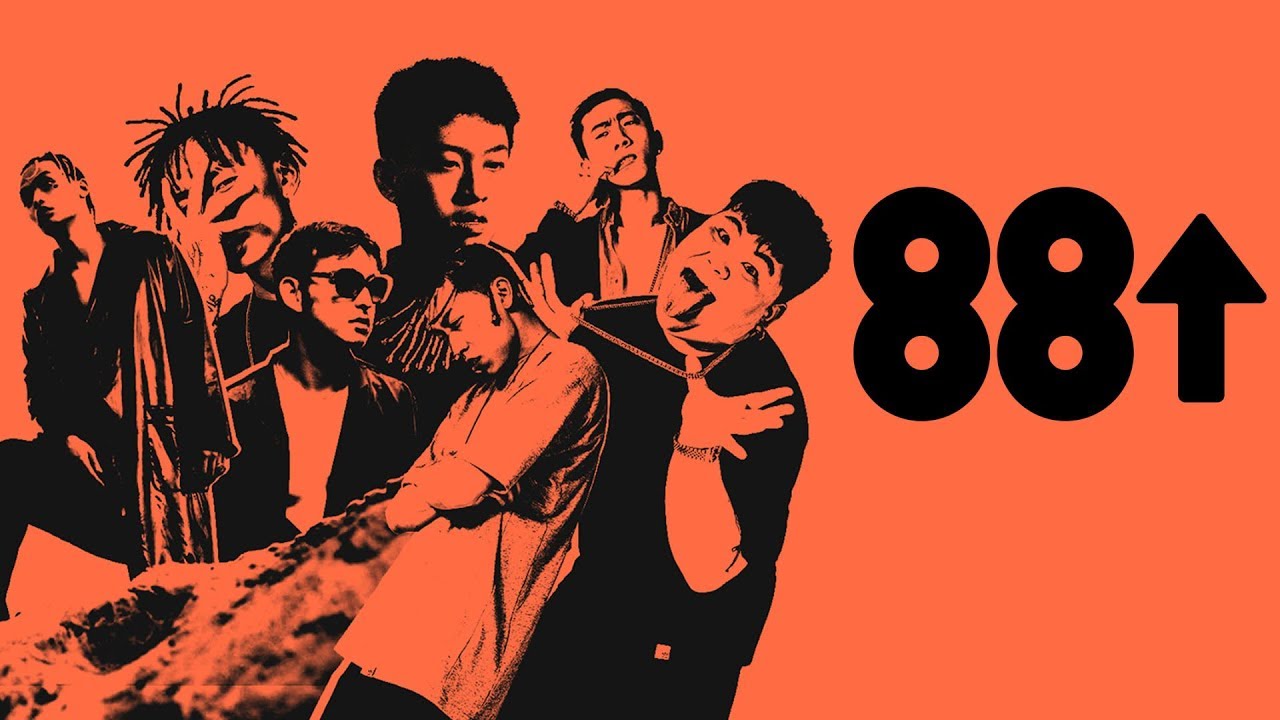We excitedly sit down to talk with one of the music and entertainment industry’s most influential entrepreneurs – Jaeson Ma.
If you don’t know his name, you definitely should. Just take a look at his resume.
He has worked with music legend MC Hammer and worked with Far East Movement before they launched the music hit “Like A G6.” He is also a co-founder and former Chairman of music label 88rising and now runs East West Artists, representing top tier talent from Asia and America.

Media Mogul Jaeson Ma
Born in Lubbock, Texas, Ma found himself drawn to spoken word and hip hop while also being drawn to the church community. It was his personal connection to God that led him down his path to where he is today.
Ma’s first major steps into the music industry were led by one of the biggest names in the world of hip-hop.
In 1998, Ma was discovered by MC Hammer when he was leading a hip-hop Bible study group in Northern California.
At the time, Hammer, an extremely successful musician in the world of hip-hop and entertainment, was venturing into the digital tech marketplace and, as Ma joked, called on Ma’s ‘Asian’ expertise on the topic as Ma was working at a tech startup at the time.
Hammer and Ma were both way ahead of the time, delving into the world of digital distribution long before Facebook and YouTube had even been created. Hammer and Ma realized the potential of delving into the Asian media and digital market, which as of 2018 is now a multi-billion dollar industry.
One of the most momentous moments of Ma’s work with MC Hammer was when Hammer gave film director Justin Lin (who later became the director of blockbuster hits such as several of the Fast and Furious movies) the final capital investment needed to finish his independent film Better Luck Tomorrow. Hammer’s investment saved the film, which received rave reviews when it premiered a year later at the Sundance Film Festival, including a two thumbs up from legendary film critic Robert Ebert. Better Luck Tomorrow launched the Hollywood careers of Asian-American talents Justin Lin (Fast and Furious, Star Trek), John Cho (Harold & Kumar, Star Trek, Searching) and Sung Kang (Fast and Furious).
For Ma, this was the first time he recalled seeing an Asian focused narrative that had nothing to do with gangsters, geeks, geishas, or other various dreaded Asian archetypes. At that time, after being inspired by Better Luck Tomorrow, Ma knew his calling was to represent Asian culture correctly in mainstream media to the whole world. This inspired him to create a company focusing on Asian and Asian-American musical talent.
In the early 2000s, the American music industry had little to no interest in Asian or Asian-American musicians, grouping musicians of Asian descent to be too “nerdy” or unrelatable to do well in the American marketplace.
Ma described a few examples that popped up here and there that made major strides in the Asian-American community, such as rapper MC Jin’s 7-battle winning streak on a contest held by TV network BET 106 and Park and becoming the first Asian-American solo rapper to be signed to a major record label in the U.S.
Around 2007, Jaeson invested in a Asian-American entertainment company that managed MC Jin and Far East Movement (FEM). At the time, FEM was relatively unknown, but it was not long after Jaeson became a partner in the company that FEM created “Like a G6” that became the first Billboard chart #1 song by an Asian-American artist collective.
In 2009, Ma also made some major musical moves himself, paying a little-known Asian-American artist $1,500 to lay down 4 tracks for him. Ten years later, this artist became one of the most well known musicians in the world; you may recognize his name – Bruno Mars.
Just goes to show what an eye for talent Ma has.

Media Mogul Jaeson Ma
A few years later, Ma reached out to a venture capitalist who invested in digital media platforms like Mitú and All Def Digital and inquired about making a digital media platform for Asian and Asian-American talent. With the go ahead, Ma reached out to Sean Miyashiro, who was working with Vice at the time, and the two teamed up to create the successful company now known as 88rising.
When asked how his expectations matched to the reality of the success that is 88rising, Ma said his expectations were blown away. 88rising is now home for talent such as Joji, Higher Brothers, and Rich Brian, artists who have collectively reached millions of views on YouTube, successfully sold out concerts in Asia and America, and launched a collaboration with fashion brand Guess.
I asked Ma if the rapid rise of 88rising’s success could be credited to social media, and Ma was in complete agreement. One of the reasons Asian and Asian-American media has been rising so rapidly, roughly in the past decade, has been credited to the widespread influence and accessibility of social media outlets. From fashion influencers such as Jenn Im and Aimee Song to content creators such as Ryan Higa and Kevjumba, many individuals of Asian and Asian-American heritage are finding success through non-traditional media platforms ignored by traditional media outlets. It was through social media that Ma and Miyashiro found several of 88rising’s most successful artists.

88rising
Through YouTube, Ma’s colleague, an Asian-American rapper named Dumbfounded, introduced 88rising to Brian Imanuel, a homeschooled boy from Jakarta, Indonesia, who, to much controversy, referred to himself as Rich Chigga. Ma was surprised with Imanuel’s comedic style but quickly impressed by the musician’s hit song “Dat $tick”. 88rising came up with the idea of showing Imanuel’s “Dat $tick” to various rappers, including Ghostface, Killah, and Torey Lanz, and filming their reactions. The reaction video became a viral hit on YouTube, led to a musical collaboration between Imanuel and Ghostface Killah, building 88rising’s street cred in the American music industry. Imanuel is now known as Rich Brian and is still surprising audiences around the world with his immense talent.
Although Ma is no longer working on the day-to-day production of 88rising, he is still proud of the work the company is doing to break ground in the entertainment industry. Currently, Ma is launching his next major venture collaborating with Hollywood and Asian entertainment heavyweights to build the first East-West studio platform – think Newscorp for Asia. The goal is to produce premium content to continue the boom of Asian/Asian-American talent and narrative in a now global Hollywood.
Ma also founded East West Artists to represent a mix of artists from both Asian and Asian-American communities. Fiona Xie, one of the actors represented by East West Artists, starred in the global phenomenon Crazy Rich Asians. Ma remembers sitting in a restaurant in Beverly Hills listening to an elderly white couple and another Southern couple ecstatically chat about the movie and realizing this project was bigger than the Asian and Asian-American communities. Crazy Rich Asians is the highest grossing Hollywood box office romantic comedy film in the last decade.

Media Mogul Jaeson Ma
“It’s a global thing, it’s a human thing, it’s just telling great stories and recognizing that we’re all human, and we all deserve to have our stories told and our cultures recognized – whether you’re Russian, or whether you’re Middle Eastern, or you’re Asian, or whether you’re from Latin America, whether you’re from Africa, or you’re European. All of us have stories, all of us have talent, all of us have a narrative, and I think what’s happening today in this digital world is that now everyone has a chance to tell their story and bring their culture to the rest of the world and have it appreciated and celebrated and respected. So I think we’re in a new day, it’s very exciting.”
We wish Ma and 88rising continued success moving forward and look forward to the abolishment of tired stereotypes and the rise of amazing talent.
-GG
Written & Produced by Nicole Kirichanskaya

1 comment
This was AMAZING! THANK YOU FOR BRINGING THIS TO MY ATTENTION!